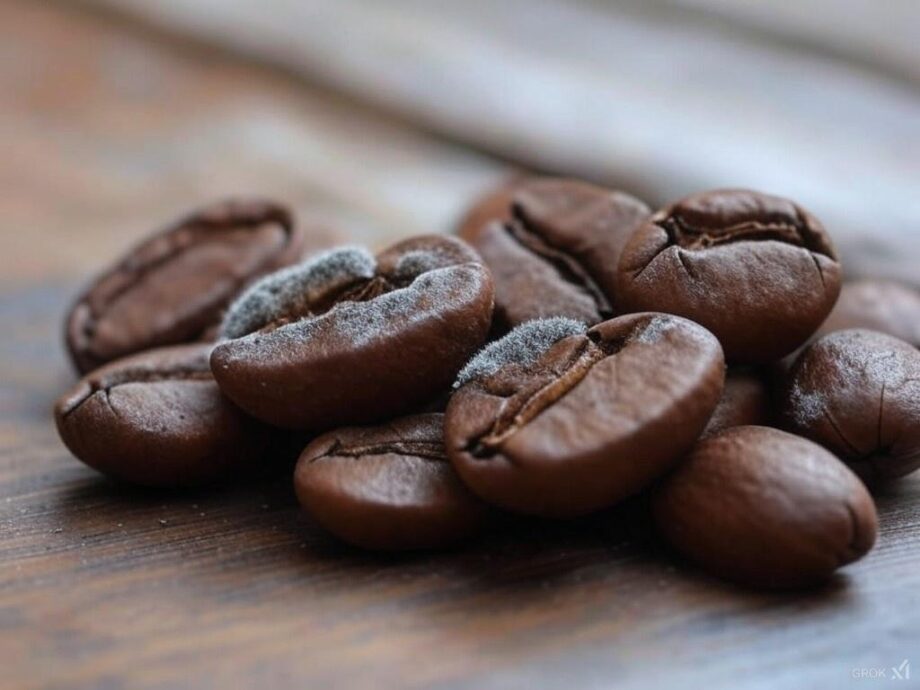Your body might be trying to tell you something
Many find themselves unexpectedly needing to relieve themselves, with a bladder that feels full yet isn’t. This peculiar sensation could be a sign of toxins at work, specifically from mold in coffee, which can disrupt normal bodily functions.
Mold in Coffee
Mold can grow on coffee beans during various stages from growth to storage, especially in damp conditions. When coffee beans are not properly dried or stored, they become a breeding ground for mold.
Health Risks
- Allergic Reactions: Symptoms like sneezing, runny nose, itchy eyes, or asthma exacerbation for those sensitive to mold.
- Digestive Issues: Including bloating, gas, diarrhea, or nausea due to irritation of the digestive system.
- Mycotoxin Exposure: Chronic exposure to mycotoxins, toxins produced by mold, can result in liver damage, immune suppression, and potential neurological effects.
- Impact on Mental Health: Possible links to mood disorders like depression or anxiety due to mycotoxins.
- General Toxicity: Symptoms of malaise, weakness, or fatigue from long-term ingestion of mycotoxins.
Protection
- Choose Mold-Free Coffee: Opt for brands that test for mold and mycotoxins, like Lifeboost Coffee.
- Storage: Store coffee in a cool, dry place in an airtight container.
- Freshness: Buy in smaller quantities to ensure freshness.
- Source: Prefer coffee from regions with good climate control during processing.
By choosing mold-free coffee, you safeguard both your health and your morning ritual, ensuring a beverage that’s both safe and enjoyable.

